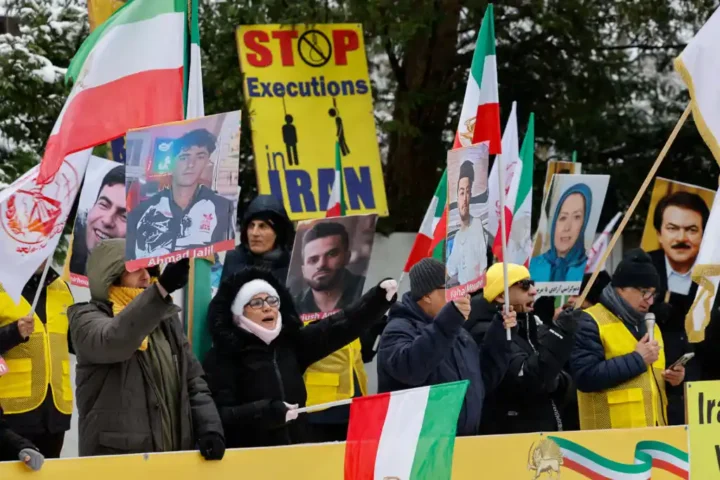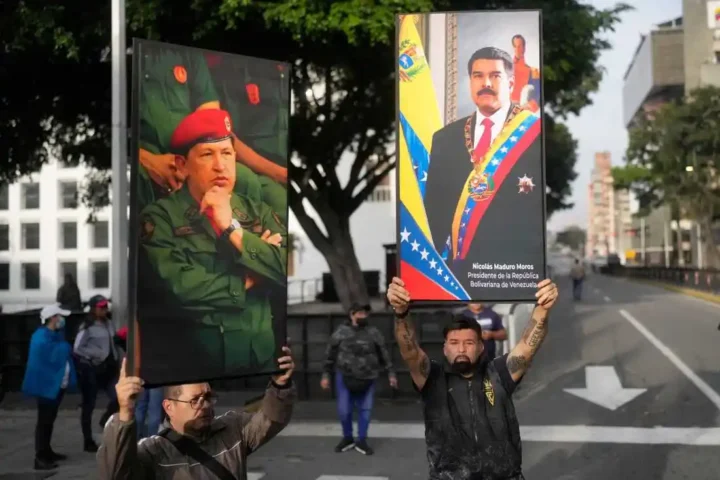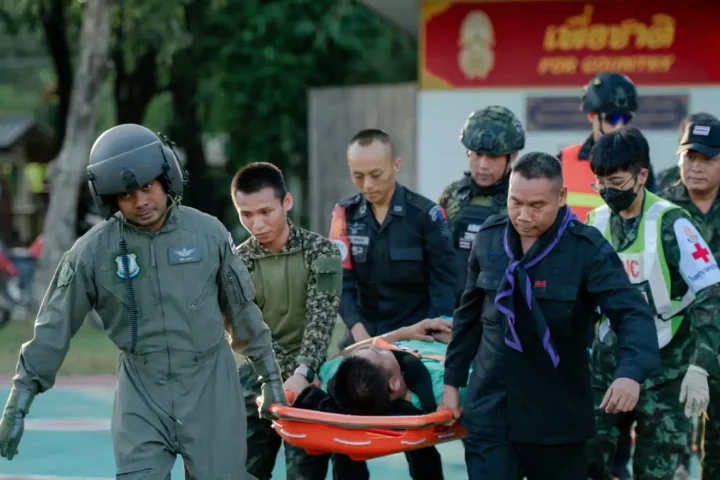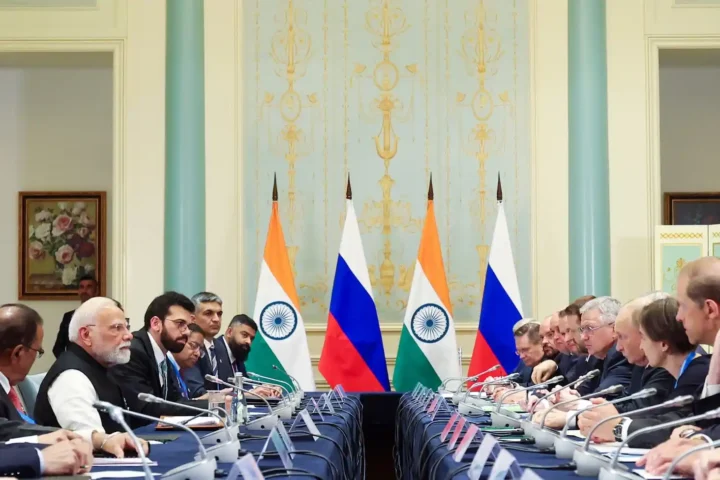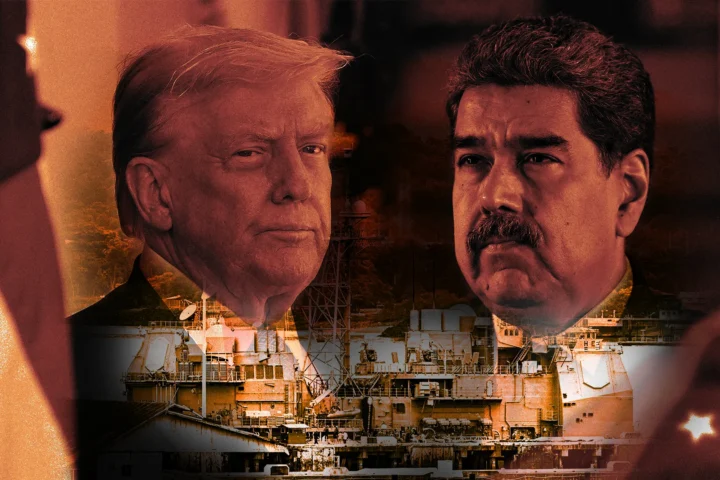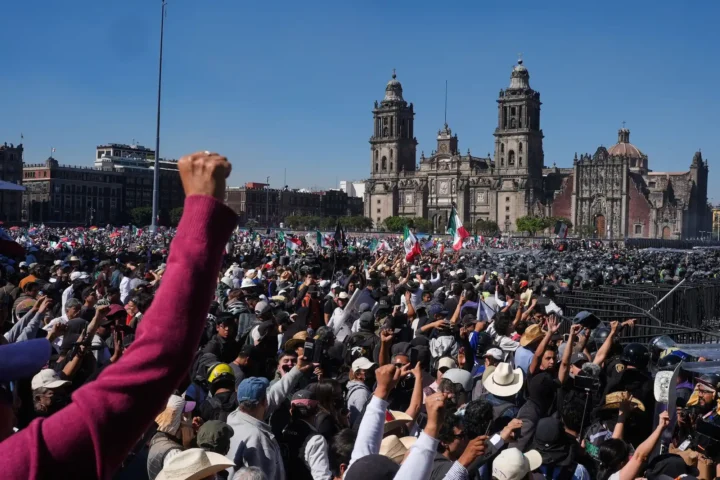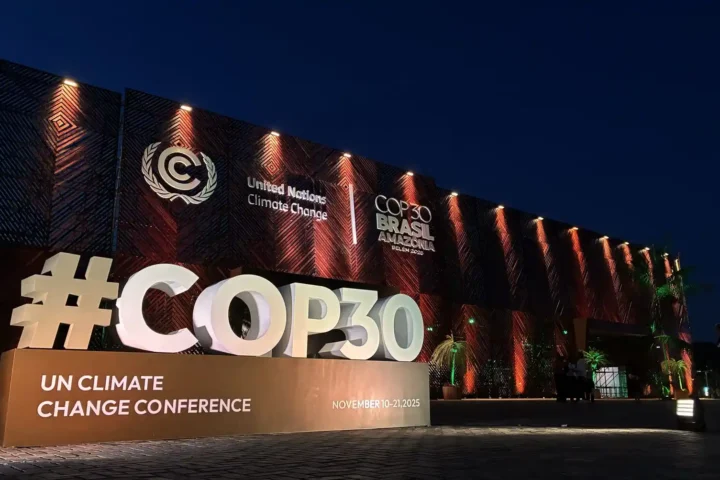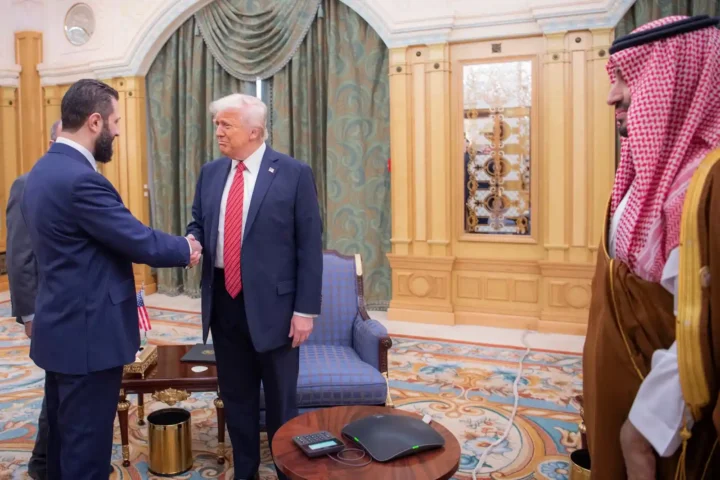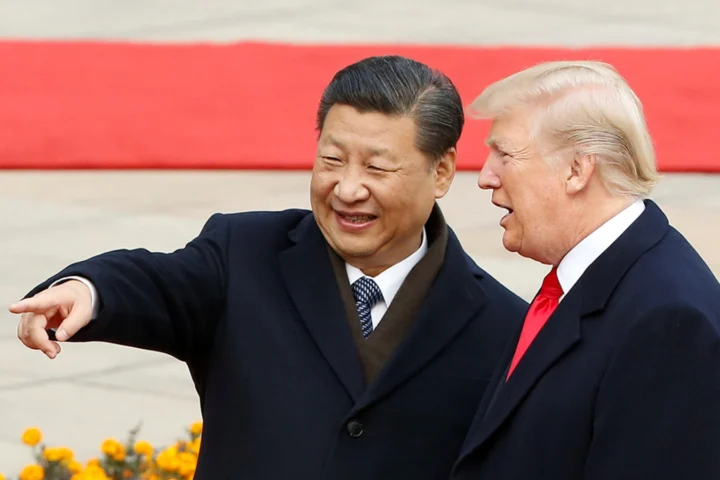By any measure, Ayatollah Ali Khamenei has been one of the most consequential figures in modern Middle Eastern history. As Iran’s Supreme Leader for over three decades, his rule has defined the Islamic Republic’s domestic grip and foreign posture. But today, as Israel escalates its shadow war against Tehran and Western leaders speak more openly about the future of Iran post-Khamenei, a once-taboo question is now an urgent one: What happens if Khamenei is killed?
This is not just a hypothetical. The confluence of Israeli covert action, Iranian political instability, and mounting protests across the Islamic Republic brings the issue into sharp focus. Khamenei’s death—whether natural or violent—would not simply remove a figurehead; it could fracture the very system he built. And while some might welcome the demise of Iran’s theocracy, the aftermath would be anything but straightforward.
The Unraveling of a Regime?
Khamenei is not just a political leader; he is the ideological cornerstone of Iran’s velayat-e faqih system. His authority eclipses that of all other officials, including the president and parliament. His word has shaped Iran’s foreign policy, nuclear ambitions, and domestic repression. His death would sever the central thread holding the Islamic Republic together.
With President Ebrahim Raisi—Khamenei’s presumed successor—already dead, the leadership vacuum is dangerously wide. The Assembly of Experts, the body tasked with choosing the next Supreme Leader, is divided and uncertain. Meanwhile, the Islamic Revolutionary Guard Corps (IRGC), the regime’s military and economic powerhouse, may either assert itself more aggressively or fracture along competing lines of loyalty.
For Iran’s beleaguered reformist movement and the millions of young Iranians who have braved bullets to demand freedom, this could be a rare moment of opportunity. Khamenei’s death might weaken the IRGC’s control, especially after a series of Israeli strikes have thinned its senior ranks. If the coercive tools of the regime falter, popular uprisings could overwhelm what remains of the theocratic structure. The Islamic Republic might not survive the loss of its Supreme Leader.
The Crumbling of the “Axis of Resistance”
Khamenei’s reach extends far beyond Iran’s borders. As the architect of the so-called “Axis of Resistance,” he has cultivated a web of militant proxies—from Hezbollah in Lebanon to Hamas in Gaza, the Houthis in Yemen, and Shia militias in Iraq and Syria. These groups owe not just financial support to Iran, but ideological allegiance to Khamenei himself.
His death could throw this network into disarray. These groups are held together not only by Iranian funding but also by the Supreme Leader’s singular authority. Without that central figure, coordination may falter, loyalty may fragment, and Iran’s ability to direct regional conflict could degrade. For Israel and the West, this would be a seismic strategic shift—a blow to the cohesion of hostile forces and a possible opening for diplomatic rebalancing.
A Nuclear Pause – Or Acceleration?
Perhaps the most immediate global repercussion of Khamenei’s death would involve Iran’s nuclear program. As the only person in Iran with the authority to approve a nuclear bomb, his passing would introduce a moment of uncertainty. That uncertainty could buy time—stalling the program while factions in Tehran debate the path forward. Or it could unleash chaos, with hardline IRGC elements seizing control and fast-tracking weaponization as a deterrent against regime collapse.
In the best-case scenario, the pause creates space for renewed diplomacy. In the worst, it sparks a dangerous scramble for control of Iran’s nuclear assets—opening the door to proliferation, theft, or foreign intervention.
For Israel, a Psychological Victory
The symbolic value of Khamenei’s death would not be lost on Israel. For decades, he has personified Iran’s vow to destroy the Jewish state, backing proxy wars and terrorism while preaching annihilation. Eliminating him—particularly if it were the result of Israeli action—would be a historic moment. For Prime Minister Netanyahu and his government, it would be seen not just as justice, but as strategic closure.
Such a strike could deliver a psychological gut-punch to Iran’s system. It would also serve as a powerful deterrent to others. But it’s a high-stakes gamble. Martyrdom is a potent force in the Middle East. Khamenei’s death could provoke a retaliatory campaign across the region—against Israeli, Western, or even moderate Muslim targets.
Gulf States and a Shifting Balance
Sunni Arab states, especially Saudi Arabia and the UAE, would likely welcome the demise of Khamenei’s Iran. For decades, they have viewed Tehran’s revolutionary zeal and proxy armies as the primary threat to regional stability. A weakened, divided Iran could allow Gulf monarchies to expand influence, particularly in contested areas like Iraq, Syria, and Lebanon.
It could also accelerate normalization between Arab states and Israel, united in a shared goal: preventing a resurgence of Iranian power. But optimism must be tempered. The collapse of Iran’s regime could also create a new arc of instability—power vacuums, ethnic unrest, mass refugee flows, and loose weapon stockpiles. As in Iraq and Syria, state failure in Iran would be a nightmare, not a victory.
A Turning Point – But Toward What?
The world must approach this moment with clarity and caution. The death of Ayatollah Khamenei would mark the end of an era—one defined by autocracy, religious extremism, and militant expansionism. But what follows may not be progress. It could be paralysis, civil war, or an even more dangerous successor.
The international community must prepare for both possibility and peril. Support for Iranian civil society, planning for nuclear contingencies, and careful management of regional alliances will be essential. A post-Khamenei Iran could become the heart of a new Middle East—more democratic, less militarized, and more engaged with the world. Or it could become its next failed state.
The stakes are colossal. The world must not only watch and wait—it must be ready.

